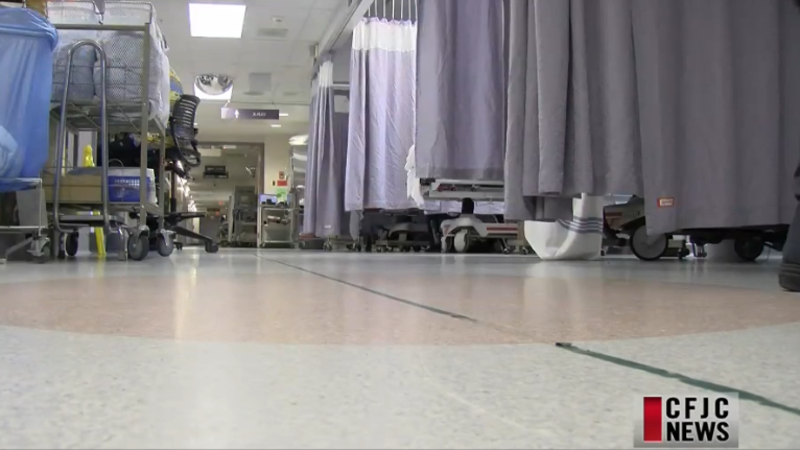
SOUND OFF: B.C.’s healthcare system feeling effects of previous cuts
PEOPLE ACROSS CANADA have found it increasingly difficult to access consistent primary care over the last 20 years. This is a major problem and I understand that people across B.C. are frustrated. The challenges we are seeing today are decades in the making and were worsened by funding cuts to health care made by previous governments. But regardless of the causes of our present problem, we are committed to finding solutions.
At a time when the former government should have proactively doubled down to strengthen our health system, the BC Liberal government abandoned its commitment to improve health care. Instead, it slashed funding, increased MSP premiums, and privatized our healthcare services, laying off thousands of healthcare workers across the province.
Our government has taken concerted action to improve primary care in B.C. and to reinvest back into health services, but the pandemic has only increased the strain. Strikingly, the federal government used to pay 50 per cent of public healthcare costs to the provinces through the Canada Health Transfer. Now, the federal government’s share is just 22 per cent. In 2011, the federal Conservative government announced plans to reduce annual increases to the health transfer. Kevin Falcon, the current BC Liberal leader, was finance minister at the time, and he was the only provincial finance minister anywhere in Canada to support the cuts. Those same cuts have cost British Columbians billions in healthcare funding, and that’s why Premier Horgan is now leading a coordinated effort with other provinces to get Ottawa to pay its fair share.
This huge underfunding created a lack of cohesion in our healthcare system. It meant people were paying more and getting less. While we have massively increased health investments since forming government, we recognize that there is much more to do. We are listening closely to those on the front lines so we can implement solutions that will lead to long-term success.


